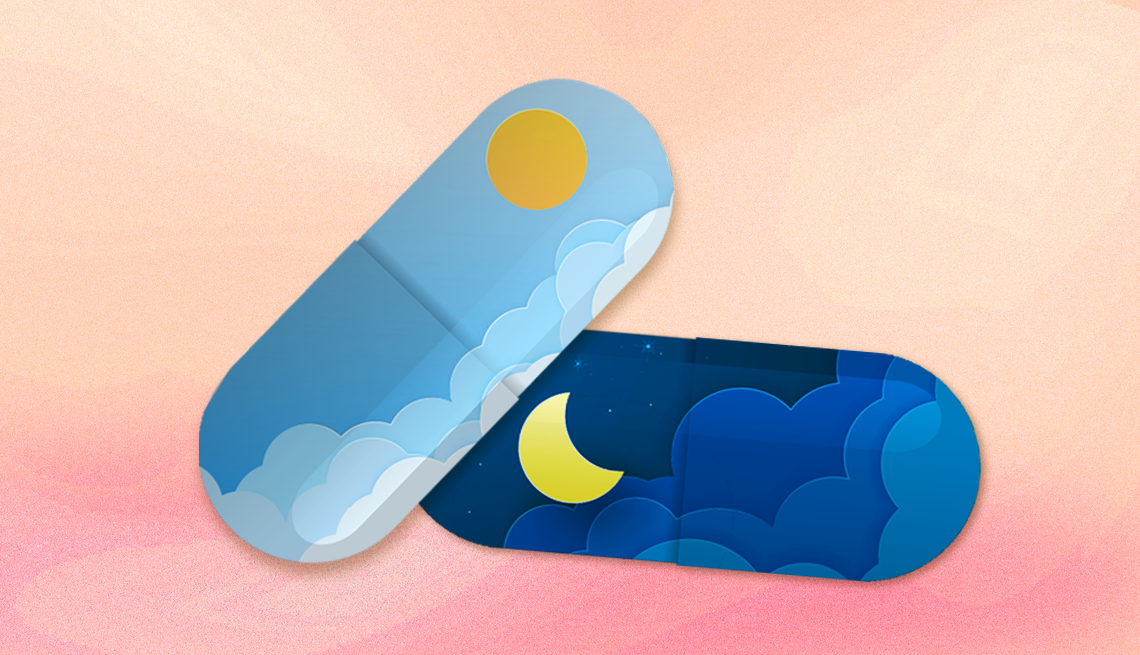AARP Hearing Center


Your doctor wrote you a prescription for blood pressure medication, and you’re wondering: When’s the best time to take it?
There’s been some debate over the answer in recent years. Most notably, a study of more than 19,000 adults published in 2019 in the European Heart Journal found that people with high blood pressure — also referred to as hypertension — who took their medication at bedtime significantly lowered their risk of a heart attack, stroke or other cardiovascular event, compared with those who took their blood pressure pills in the morning. That research was followed up by a large clinical trial, published in The Lancet in 2022, that found there was no real difference in heart attack and stroke risk in people who took their blood pressure medication in the morning versus the evening.


AARP Membership— $12 for your first year when you sign up for Automatic Renewal
Get instant access to members-only products and hundreds of discounts, a free second membership, and a subscription to AARP the Magazine.
“The jury is still out,” says Donald Lloyd-Jones, M.D., chair of the Department of Preventive Medicine at the Northwestern University Feinberg School of Medicine. In the meantime, doctors do have some advice on how to approach your blood pressure medication routine.
Why timing hypertension pills may matter
Your blood pressure isn’t static; it changes throughout the day. In many people, it starts to rise in the morning, when “the body’s getting ready for the day, the brain is activated and everything’s kind of gearing up,” Lloyd-Jones says. And most people find it dips at night when they’re sleeping.
However, that’s not always the case for everyone. People with irregular patterns may experience surges late at night or in the early morning hours.
Knowing when your blood pressure is at its highest can help you and your doctor pinpoint the best time to take your medication. You’re going to see the strongest effect from the medicine soon after you take it, explains Kent Brummel, M.D., a cardiologist and clinical assistant professor in the Division of Cardiovascular Medicine at the University of Michigan. Peak effect is usually achieved within a few hours of swallowing your pill, according to the Cleveland Clinic.
While many blood pressure medications are long-lasting, some are shorter-acting and lose their effectiveness as time wears on, Lloyd-Jones says. “If you are taking [your medication] in the morning, and you’re somebody who has a surge of blood pressure [earlier] the next morning, you may not be as protected if you’re taking a shorter-acting blood pressure medication,” he says. “So I think it’s important to establish what an individual patient’s blood pressure pattern is and then react accordingly, so that we really are covering them through the full 24 hours of their day.”
Figuring out your blood pressure pattern
Talk to your doctor about the types of medications you take to lower your blood pressure and whether you might benefit from adjusting the time of day you take them, advises Lloyd-Jones, based on your blood pressure’s pattern.






























































More From AARP
Help! My Doctor Won’t Listen to Me
Adam Rosenbluth, M.D., gives advice for getting your physician to really pay attention to youIs Alcohol Causing Your High Blood Pressure?
Even moderate alcohol intake could raise your risk6 Blood Pressure Myths, Debunked
The truth behind the foods, drinks and habits that affect your numbers9 Best (and 8 Worst) Foods for High Blood Pressure
Help control your blood pressure numbers by watching what’s on your plateRecommended for You